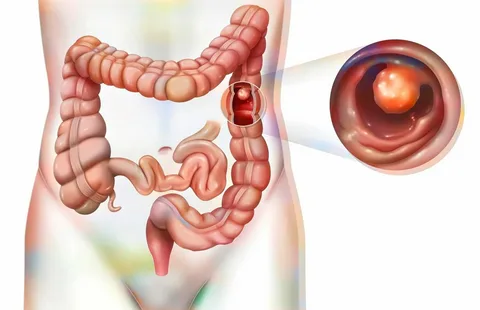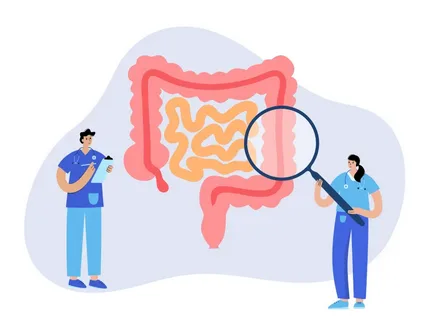What is Colorectal Cancer?
Why to choose Dr. Jenit
Gandhi?
Understanding Colorectal Cancer

What is Colorectal Cancer?
Colorectal cancer originates in the colon or rectum, which are parts of the large intestine. It often begins as noncancerous polyps that can gradually turn into cancer. Although colorectal cancer is among the most common types of cancer, it is highly treatable if caught early. Factors that increase the risk include age, a family history of the disease, certain genetic conditions, diets rich in red or processed meats, smoking, and a lack of physical activity.
Dr. Jenit Gandhi performs several treatments such as Right Hemi-Colectomy, Left Hemi-Colectomy, Anterior Resection, Abdominoperineal Resection, Rectopexy and Total Proctocolectomy.
Symptoms to Watch For:
- Changes in bowel habits (such as diarrhea, constipation, or narrowing of the stool)
- Blood in the stool
- Unexplained weight loss
- Fatigue and weakness
- Abdominal pain or cramps
Treatment Options for Colorectal Cancer
-
Surgery: Surgery is the primary
treatment for colorectal cancer that hasn't spread. The
type of surgery depends on the cancer’s location and
stage:
- Polypectomy and Local Excision: In early-stage cancer, polyps can be removed during a colonoscopy.
- Colectomy: This involves removing part or all of the colon. A partial colectomy removes the cancerous section and reconnects the healthy parts, though a temporary or permanent colostomy might be necessary in some cases.
- Proctectomy: For rectal cancer, this surgery removes the rectum and sometimes the anus. Reconstruction may involve creating a new waste pathway, either through an anastomosis or a stoma.
- Chemotherapy: Chemotherapy involves using drugs to kill cancer cells. It may be used before surgery (neoadjuvant therapy) to shrink tumors or after surgery (adjuvant therapy) to eliminate any remaining cancer cells.
"Excellence in surgical care begins with understanding each patient's unique journey and providing compassionate, personalized treatment." - Dr. Jenit Gandhi
